The financial concept behind a village community is that you are joining a co-operative where all residents share the costs of running the community.
You pay a weekly fee (usually between $50 and $150) and that covers all costs. The manager is required by law to operate the village without a mark-up. This means they pass on all expenses to the residents with no management fees. If they make a saving in purchasing bulk lectricity for instance, they have to pass that on with no fees or extras.
Residents have a large level of control over these costs. The manager has to submit regular accounts and budgets to the residents (usually to the Residents' Committee) for approval. The residents can reject expenditures and price increases, plus suggest ways to reduce costs such as mowing the lawns every two weeks rather than every week. From year to year the fee should not increase by more than the CPI - so you can plan your annual household budget.
You are responsible for the direct costs of your own home - but only the operating costs, not the capital or structural costs, such as repairs to gutters, roofs, plumbing etc.
Your weekly fees cover:
- Emergency assistance call systems / monitors
- Cleaning of all areas except in your home
- Administration of the village
- Insurance - of the buildings, common areas, public liability, fidelity
- Management and staff wages and expenses
- Mini bus services and operations
- Gardens and grounds maintenance
- Building repairs and maintenance (common areas, external facades, roads, footpaths)
- Garden watering
- Rubbish removal and recycling
- Provision of day to day sinking fund for big irregular expenses
What you pay for yourself:
- Interior furnishings of your home
- Council and water rates
- Electricity rates






